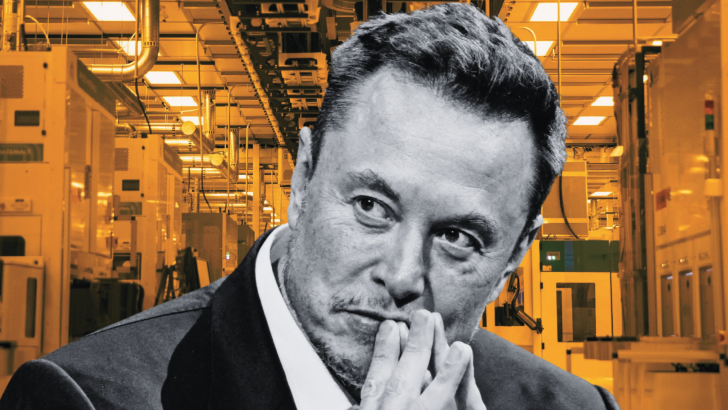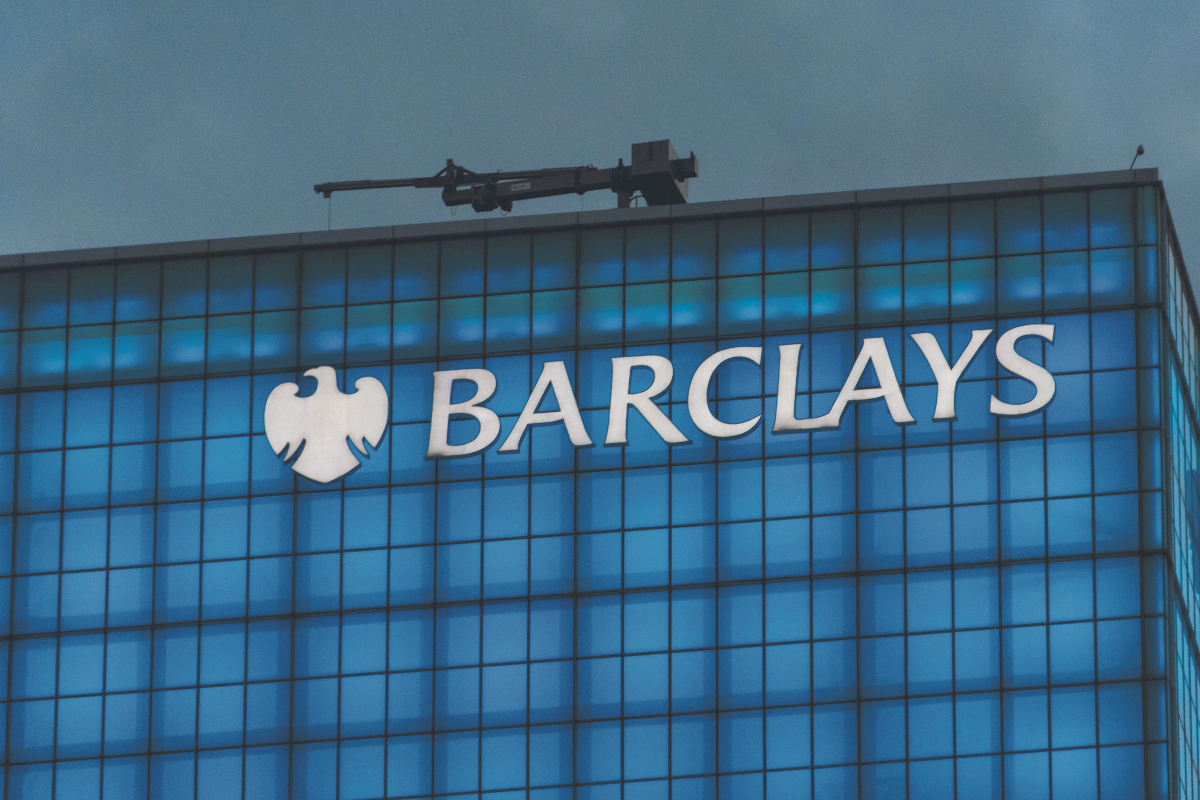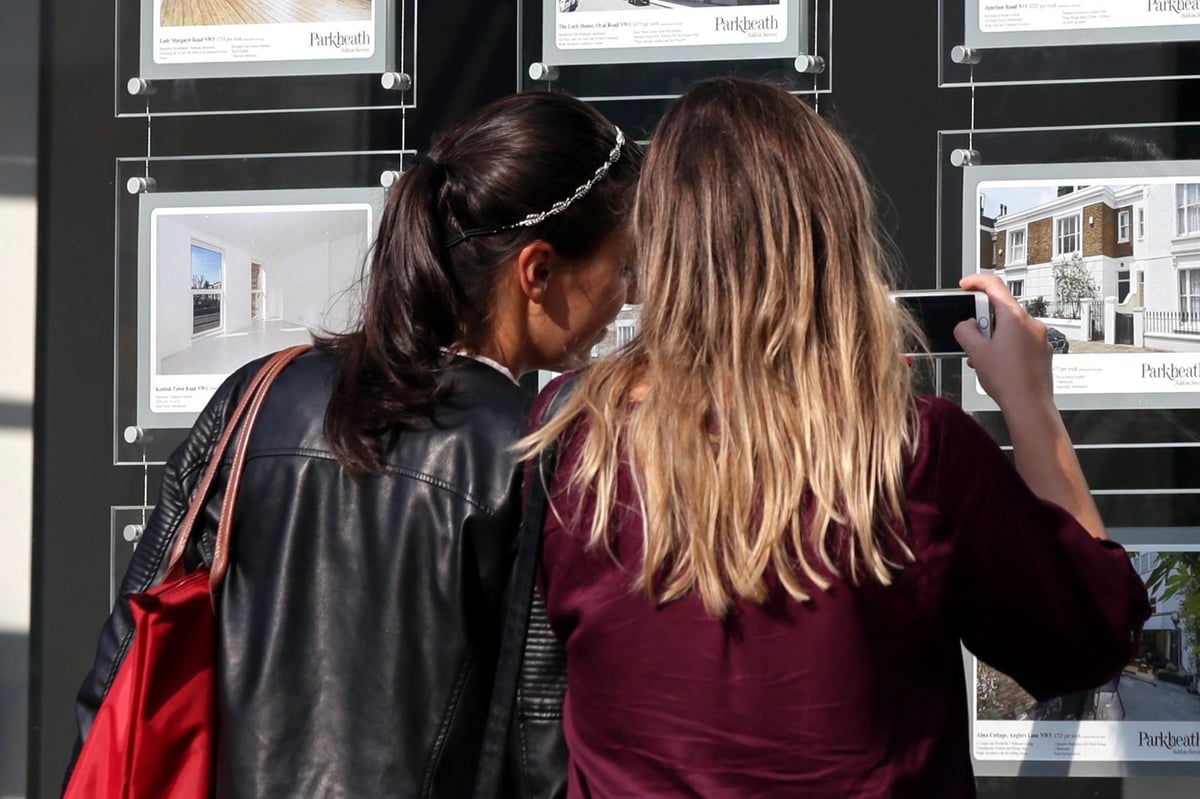Copyright Wccftech

Elon Musk's intentions to develop Tesla's chip production facilities have a much larger ambition beyond gaining access to chip supply, which makes the venture viable as well. Elon Musk's Potential Chip Fab Build-Out Could Prove To Be a 'Safe Haven' From Geopolitical Uncertainties Around Taiwan For those unaware, Elon Musk recently announced at a Tesla shareholder conference that the company is looking to build its own chip fabs to meet the anticipated demand for its custom silicon, such as the AI5 and AI6 chips. Called the 'TeraFab', the billionaire revealed that this move comes after it was discovered that both TSMC and Samsung are allocating their production lines for Tesla's custom chips; however, despite this, the capacity is still short of what the automaker envisions. While many criticized Elon's intentions to enter the chip industry, the prominent analyst Ming-Chi Kuo has commented on the possible aspirations behind the move. According to the analyst, one of the major reasons why Elon has indicated a possibility of entering the chip business is that he is skeptical about semiconductor production being concentrated in Taiwan, and despite TSMC's efforts to shift a portion of chip capacity to the US, this transition would be a multi-year effort after it yields results. Geopolitical uncertainties are troublesome for companies like Tesla, which are looking to have their chips produced in Taiwan, which is why Elon prefers having facilities onshore to ensure a stable and consistent supply over time. The issue here isn't TSMC not giving capacity to Tesla, since the firm is known to have catered to every customer, regardless of the order size. However, in this case, placing orders with the Taiwan giant means that Tesla will rank below companies like Apple, NVIDIA, MediaTek, Qualcomm, and other long-standing partners, which deprives the firm of "R&D support and production flexibility." With Samsung Foundry and, of course, Tesla's own chip facilities, the automaker gains greater control over how it wants its silicon to turn out. Of course, building a sufficient semiconductor supply chain, especially for internal use, isn't an easy task at all, and even after spending billions of dollars, companies like Intel are still struggling to achieve a breakthrough. As for Elon Musk, we know he is fond of tackling the 'impossible', which is why judging Tesla's chip ambitions based solely on comments by the firm's CEO isn't the right approach here. Who knows, maybe the American automaker does manage to nail the semiconductor segment.



